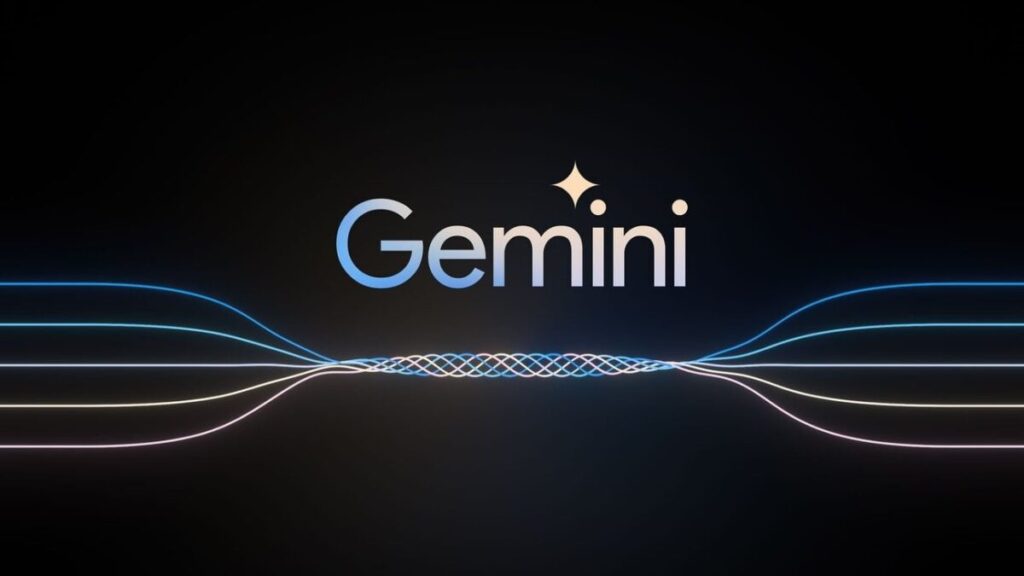Google recently introduced its own AI search engine, Gemini, entering the competitive landscape alongside OpenAI’s ChatGPT and Microsoft’s Copilot. Previously known as Bard chatbot, Gemini has been rebranded and relaunched, garnering mixed reviews from users.
Gemini offers both free and paid models. The Gemini Pro, a free version, provides basic responses to user queries. On the other hand, Gemini Ultra or Advanced requires a subscription to Google One AI, priced at $20 per month. This subscription unlocks enhanced reasoning, coding, and instruction-following capabilities, along with improved multimodal and data analysis features. Additionally, the AI Premium plan integrates seamlessly with Google Workspace, enabling tasks such as drafting emails in Gmail and creating documents in Docs.
In handling sensitive political queries, Gemini tends to provide brief answers and encourages users to conduct further research independently. However, it demonstrates a deeper understanding of current trends, particularly on platforms like TikTok.
Despite Google’s caution against relying on AI models for medical advice, Gemini offers actionable suggestions when asked about medical conditions and mental health concerns. Notably, the model strives to mitigate racial and gender biases, addressing criticisms faced by previous iterations.
Gemini exhibits impressive task integration capabilities, efficiently organizing travel itineraries and categorizing Gmail inboxes by content theme or receipt window.
While Gemini presents itself as a competent AI model, it currently lacks distinct features that set it apart from competitors like ChatGPT. With further integration into Google’s ecosystem and the activation of its full potential, Gemini may offer a more compelling proposition. However, at present, ChatGPT appears to offer more extensive features, including third-party plugins, custom instructions, and memory functionalities, all within a similar subscription model.
